Lacrosse Goalies: How to Mentally Recover from an Injury
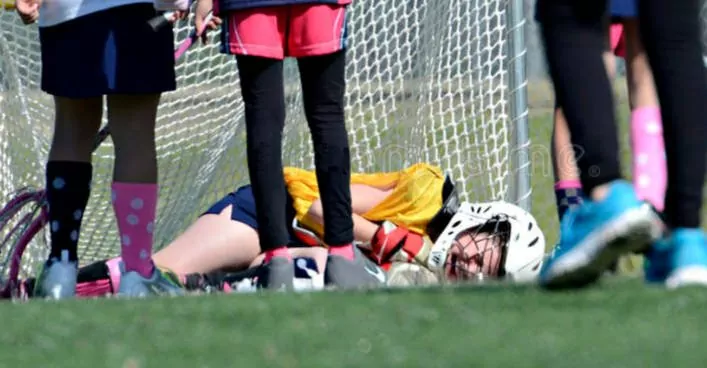
Given the nature of the position, lacrosse goalies are lucky in that injuries are not as common as other positions. But unfortunately, they do happen.
I played 4 years of college lacrosse and suffered only one major injury (broken thumb) along with hundreds of minor bruises and a few stingers thrown in for good measure.
For those goalies that do go through a major injury, often the physical recovery isn’t the hard part. They know how to put in work in the gym or in the physical therapy office to strengthen the muscles and bones back to full health.
The hard part is returning to the right mental mindset that was so tough to achieve in the first place.
Overcoming the emotional and physical challenges of a major, or even moderate, injury requires the ability to deal effectively with the mental side of rehabilitation.
The mental side is especially challenging because of the emotional pain of not being able to perform. When your Instagram handle is SteveLaxGoalie and you’re no longer a lax goalie, what then? You lose a sense of identity.
Here are several tips I’ve learned over my coaching career for how you can be a winner in the inner game of rehab, so you can recovery faster and be back to dominate the goal in no time.
The 5 Stages of Loss
Following a significant injury there are 5 stages that many athletes go through. While some athletes may skip over certain stages, others experience them all.
- Stage 1 – Shock or Denial – I can’t believe this is happening to me!
- Stage 2 – Anger – Why now? This isn’t fair!
- Stage 3 – Bargaining – If only….
- Stage 4 – Depression – Rehab is useless; why even bother!
- Stage 5 – Acceptance – This didn’t happen for the best but I will make the best of what did happen
This model was originally created to deal with loss in other areas of life, like loss of a loved one, but it applies perfectly to losing your ability to play lacrosse.
Knowing and understanding these 5 stages of loss will help you rationalize some of the thoughts going on in your head.
In our recovery, we spend different lengths of time working through each step and express each stage with different levels of intensity. The five stages of loss do not necessarily occur in any specific order.
We often move between stages before achieving a more peaceful acceptance of the injury that has occurred and the work we must put in to return to the strong mental state.
While each athlete may experience the emotional loss of their sport and competition a little differently, it helps to understand the 5 stages of loss so that you can rationalize and understand the feelings going on in your head.
This will help the emotional side of things.
Team Up for Motivation and Support
Participate in team functions. FIGHT the urge to isolate yourself.
You may feel worthless and suddenly different, but chances are good that you’re probably the ONLY one on the team that shares that opinion.
The worst thing for you to do when you’re in a vulnerable state is to separate yourself from your group and attempt to handle your recovery by yourself.
Get encouragement from family, friends, teammates, and coaches. Seek assistance from medical professionals. The key is to talk about your feelings rather than keeping them to yourself.
Surviving the mental aspect of rehab is an individual process, different for everyone, but that doesn’t mean you have to do rehab all alone.
Teaming up with help you win the mental battle when it comes to recovery.
Don’t Forget Patience!
Unfortunately physically recovering from a major injury takes time. Even if you’ve suffered a common lacrosse goalie injury, recovery takes time.
Most lacrosse goalies I know are super competitive and want to get back into drills and games as soon as possible.
To mentally recover from an injury you must train yourself to be patient.
Ahead of you is a long, slow recovery process and if you overdo your rehab in the attempt to recover faster, you risk re-injury.
The medical doctors or athletic trainers are the experts in rehab and we have to put our trust in them.
Trust the process to deliver the results you want. Stick to the plan. And most importantly, don’t lose your patience.
Beef Up Your Lacrosse IQ
When you’re injured and unable to perform physically, you have a great opportunity to up your lacrosse IQ.
Watch video. Study defense. Chat X’s and O’s with a coach. Read my book.
Just because you cannot be out their on the field doesn’t mean that you cannot learn more about the sport of lacrosse, the theory of goalie play, and lacrosse defense.
Great lacrosse goalies have a very high lacrosse IQ and understand the game better than anyone so take advantage of this opportunity to beef up your own lacrosse IQ.
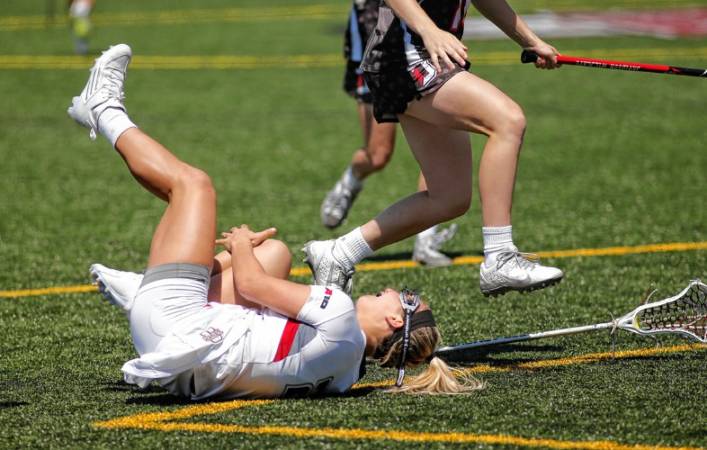
Turn a Negative into a Positive
I remember when I was young I had to have eye surgery to fix underdeveloped muscles in my eyes.
After the surgery I was essentially blind for about a week while the muscles in my eye healed.
Sports where a big part of my life even back then and I was really bummed that I couldn’t do anything physical.
But my Dad brought a basketball to the hospital and it was there, without the benefit of being able to open my eyes, that I learned to dribble a basketball without looking at the ball.
When my eyesight was back to 100% I was a much better dribbler.
In collaboration with your sports med team, lacrosse goalies should look for creative ways to make the most of your recovery time turning a negative into positive where possible.
Continue to Practice Where Possible
If your injury allows you to still continue any part of your training, do so! For most injuries there are still some lacrosse related activities we can do while we recover.
This is going to depend on the type of injury you suffer and definitely consult the doctor to see what activities are allowed and which are not.
But working some training into your plan will help your mental state.
For example, if you suffered a ankle injury, perhaps you could still play wall ball without running around.
Drills like the Eye Focus drill and juggling will improve a goalie’s hand eye coordination and don’t put that much stress on the body.
Alternatively, maybe you do lower body exercises like wall sits and biking if you have an upper body injury.
So work with your doctor, coach, or trainer to understand which drills are ok to perform in your injured state and work those into your routine.
Doing at a little something will help your mental recovery.
Make Rehab your New Sport
To win the mental battle of injury recovery you must approach rehab with the same tenacity and focus that you do when working to improve your lacrosse goalie game.
Until you are back on the lacrosse field, rehab is your new sport.
You must approach the recovery process like any other athletic challenge and take it head-on without giving way to fear and doubt.
Just like with your goalie development you’re likely to encounter setback and challenges. Embrace the attitude that any setback is an opportunity for a comeback.
Stay optimistic during any downturns or plateaus in the recovery process.
Recovery does not happen overnight – just like becoming a dominant lacrosse goalie doesn’t happen overnight.
Relive the Good Times
I often recommend this step to lacrosse goalies who are going through a slump. It helps to think back to games and times in your goalie career when you dominated.
Watch game videos if you have them. Study your notes if you keep a lacrosse goalie journal.
The idea is you were once a dominant goalie and by watching highlights or remembering good times were training our mental state to get back into its previous form.
By reliving the good times we can mentally recover faster when an injury strikes us down.
Actively Work to Strengthen the Mental Part of Your Game
There’s a famous salesman in the business world named Zig Zigglar who once said:
People often say that motivation doesn’t last. Well, neither does bathing – that’s why we recommend it daily.
The exact same thing can be said about mental toughness. While it may last longer than bathing, it’s still very fleeting and fragile.
Therefore, even if you haven’t experienced an injury that’s taken you out of the game I recommend that mental toughness is something you work on daily.
Take my mental game bootcamp to beef up your mental game.
Revisit posts on this site regarding increasing mental toughness. I recommend all goalies, injured or not, actively work to increase their mental toughness.
Because even those who have achieved the ultimate level of mental toughness know that it can easily disappear.
Conclusion
When a lacrosse goalie goes down with an injury, it’s often the mental side of recovery that is the hardest.
The emotional pain of being stripped of something you love so dearly is hard for many goalies to deal with.
But using tactics I outline in this post the goalie can be the master of the injury rather than letting the injury master the goalie.
Bring your championship mindset to the training room and make rehab your new sport until you get back on the field.
Good luck on the road to recovery!
Until next time! Coach Damon
Anyone go through a major injury? What methods did you use to help recover and stay sharp mentally?
Visited 1 times, 1 visit(s) today
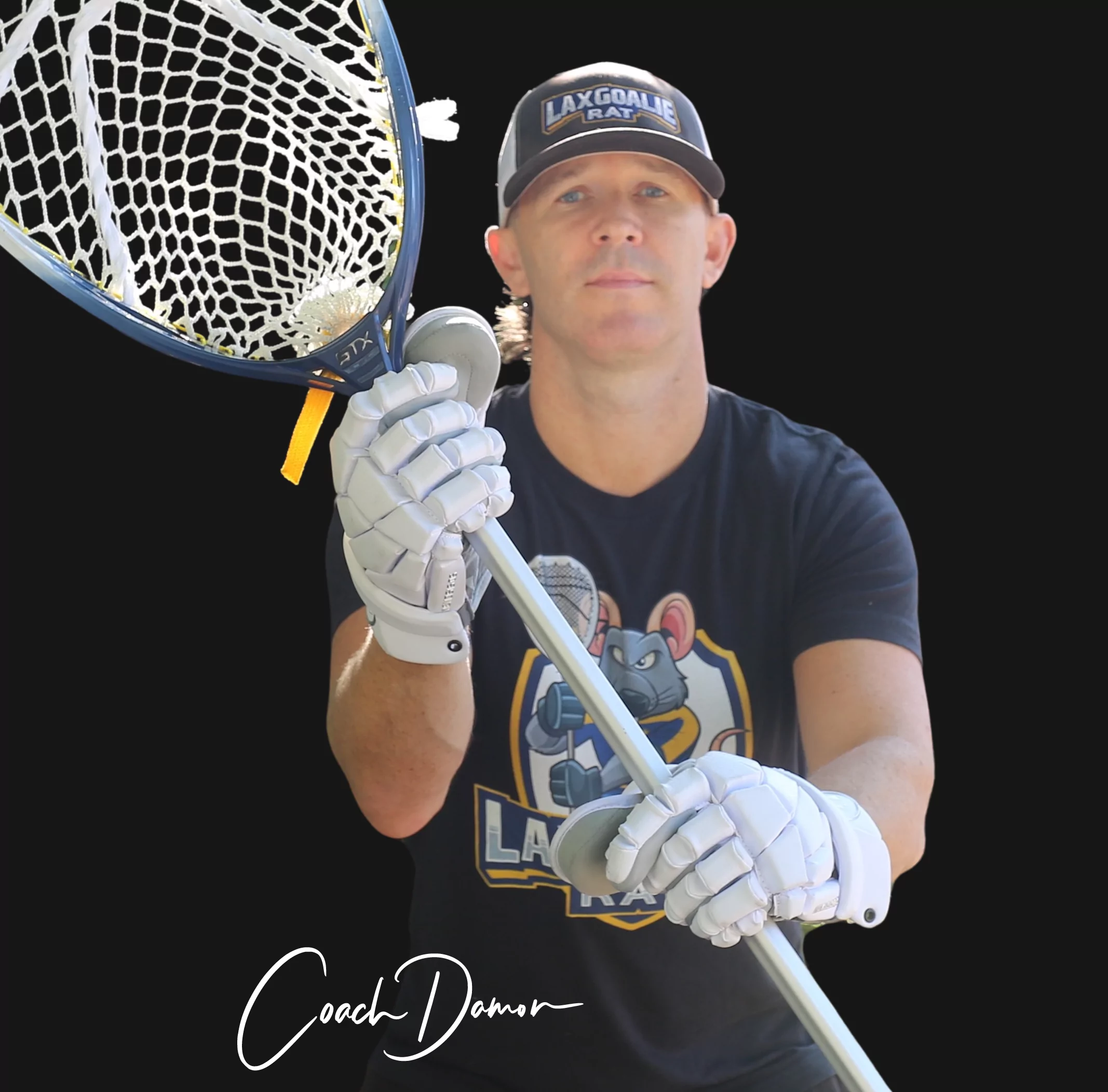










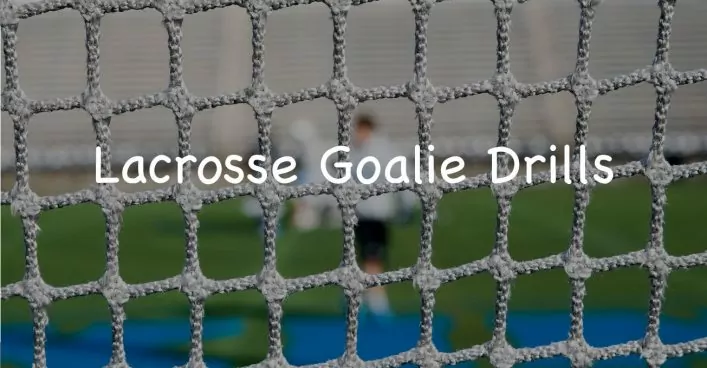
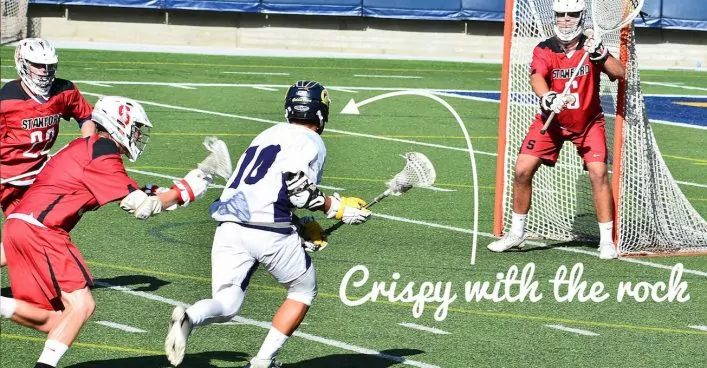
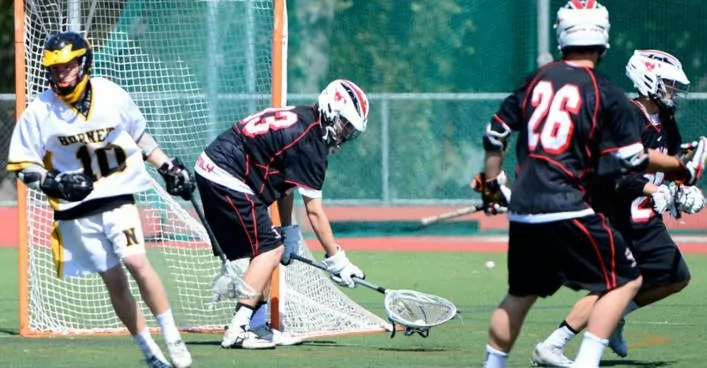
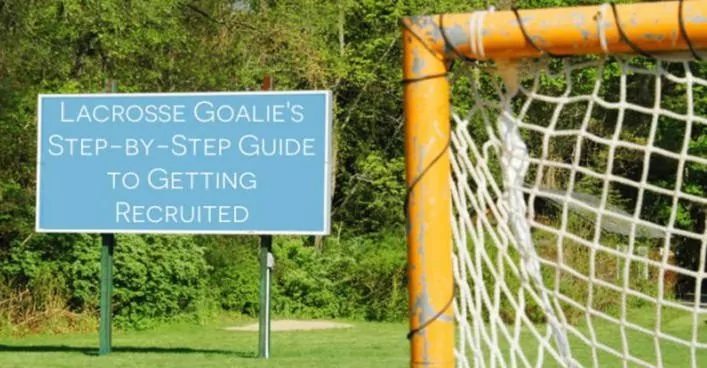
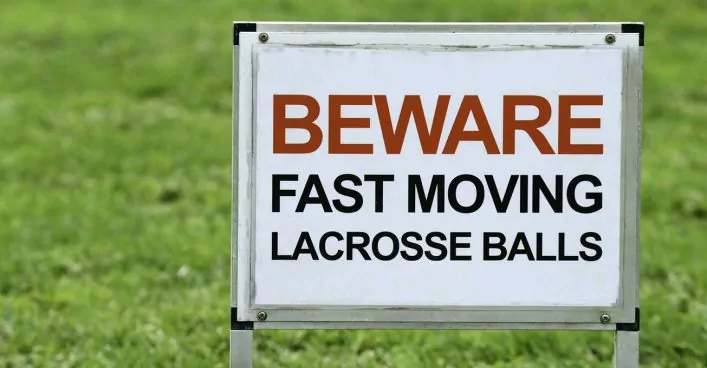
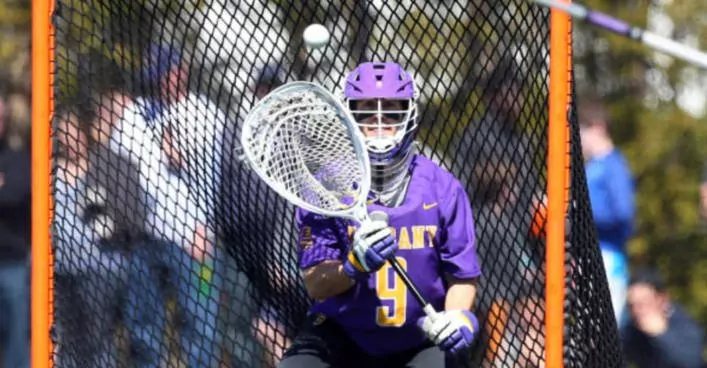
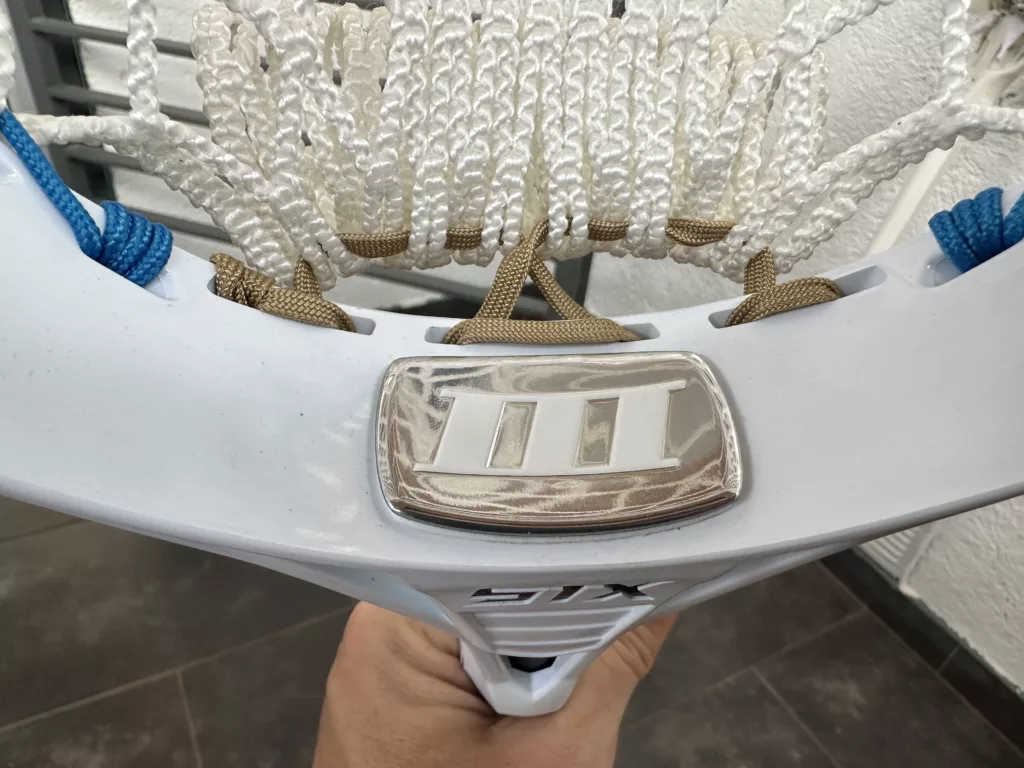
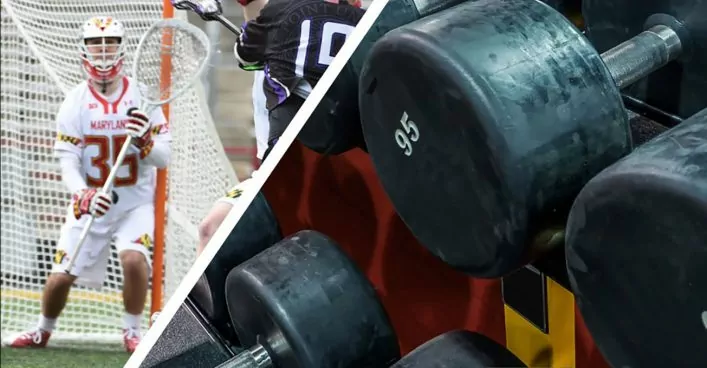


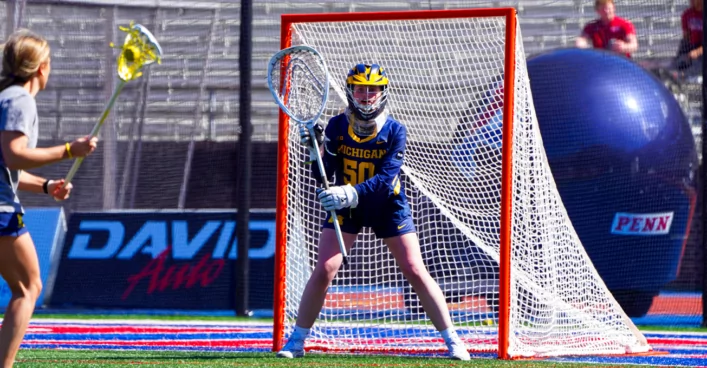
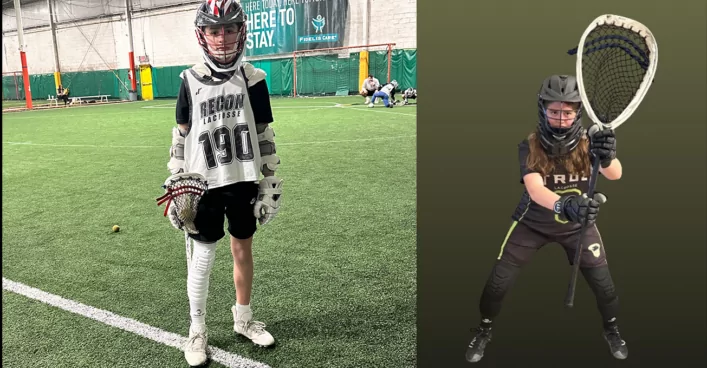
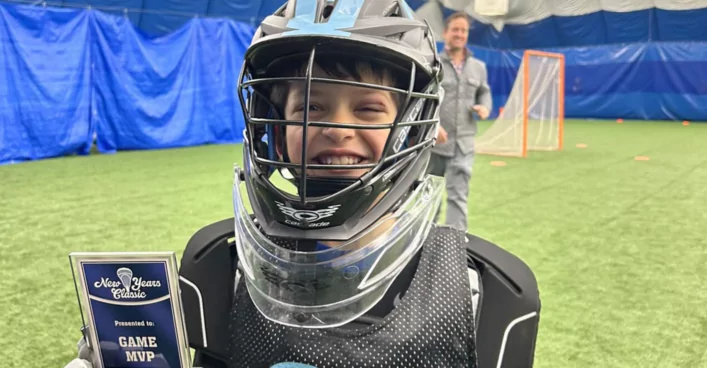
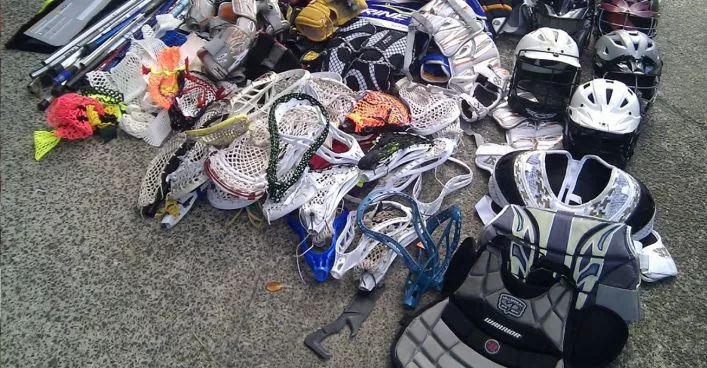

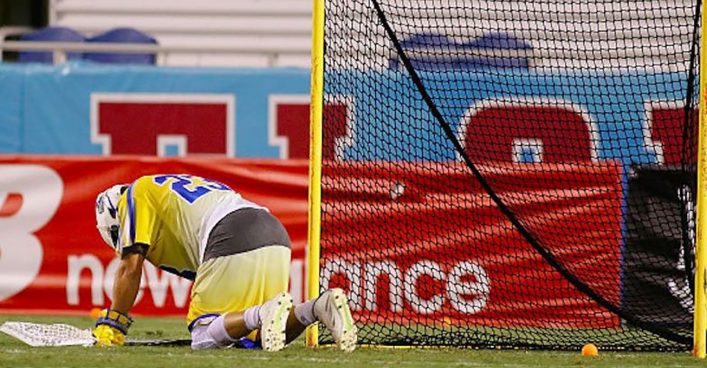
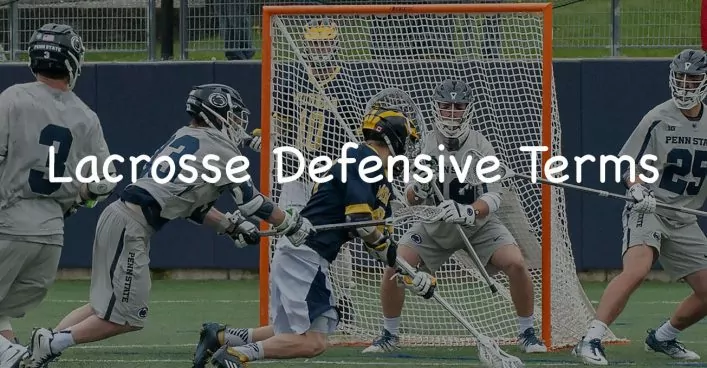
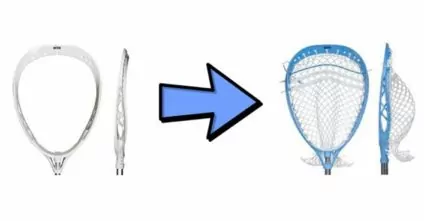




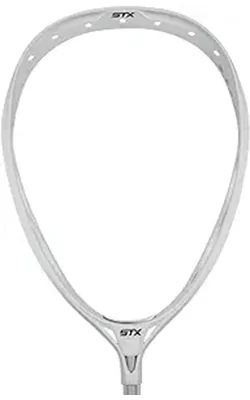

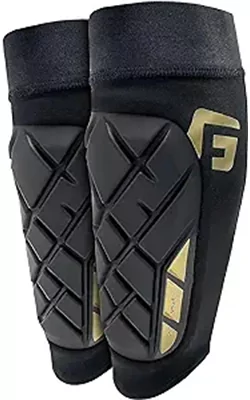
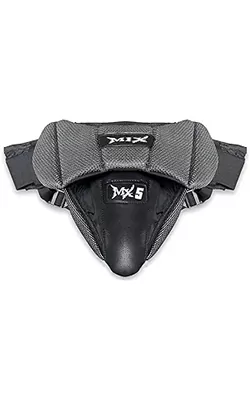
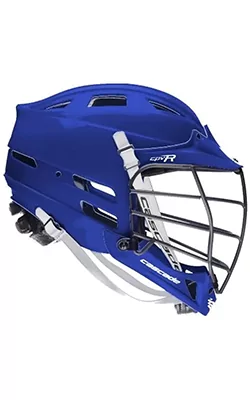
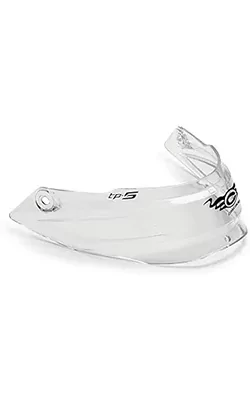
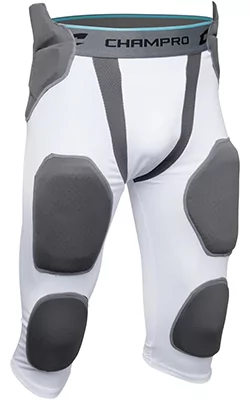
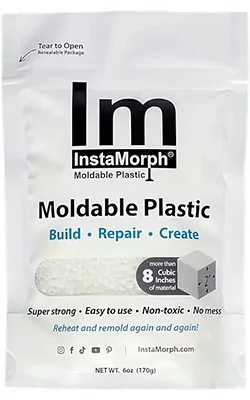
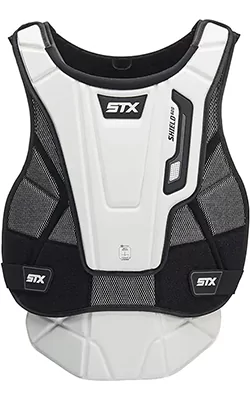

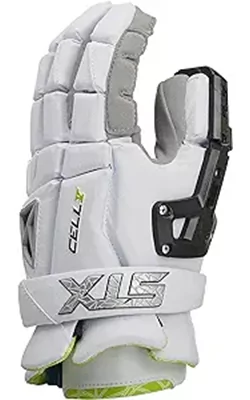




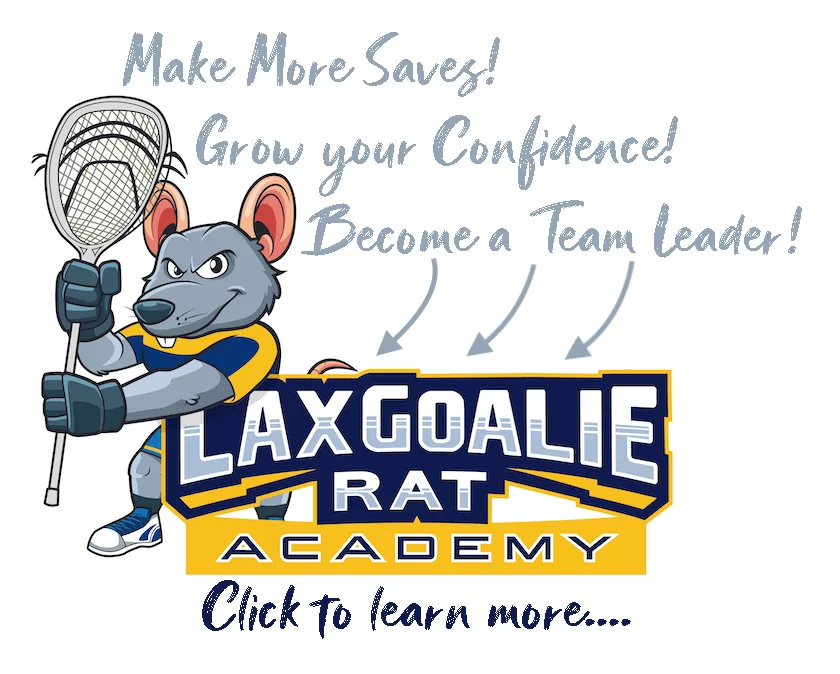
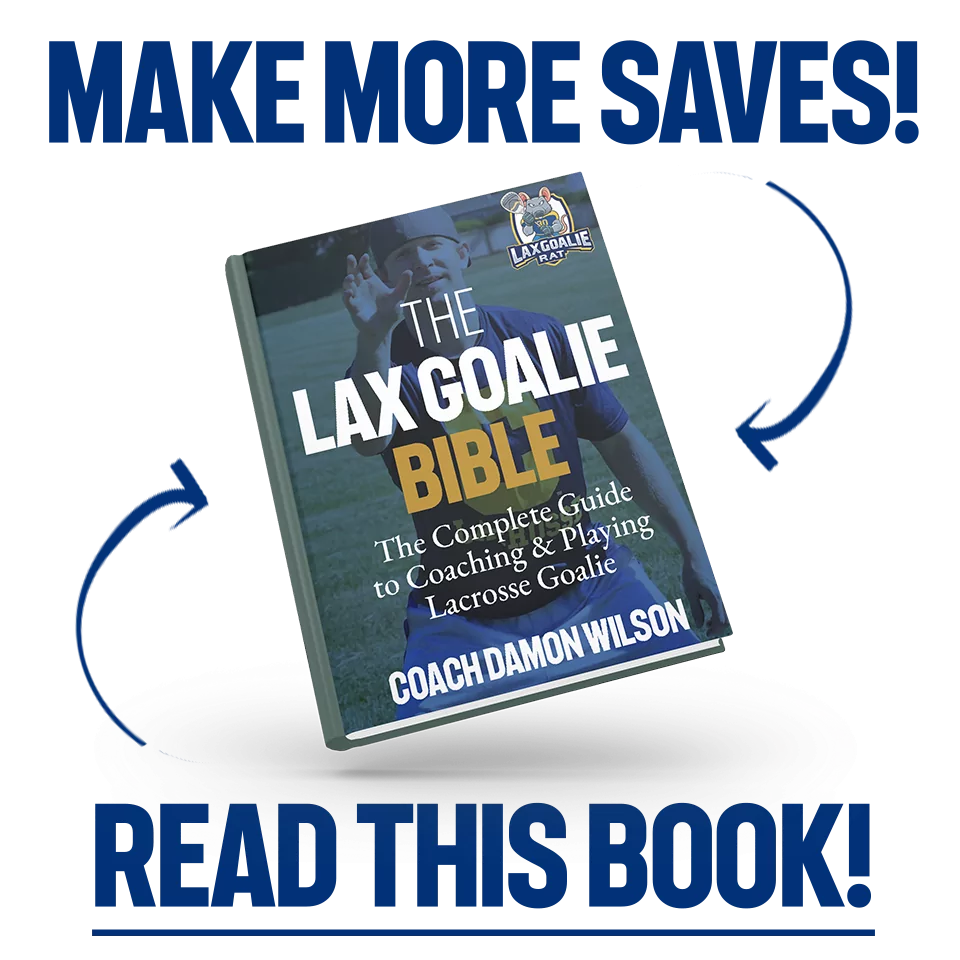
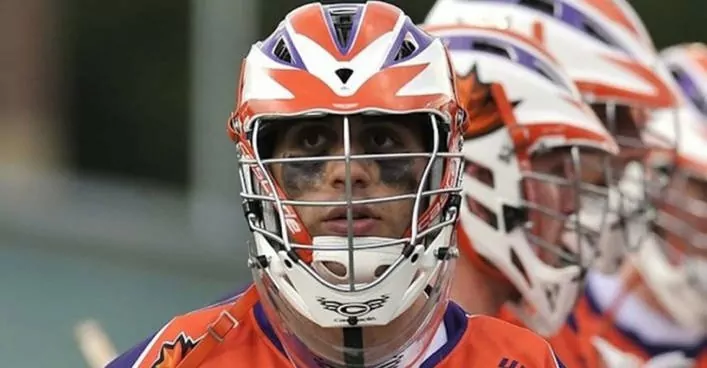

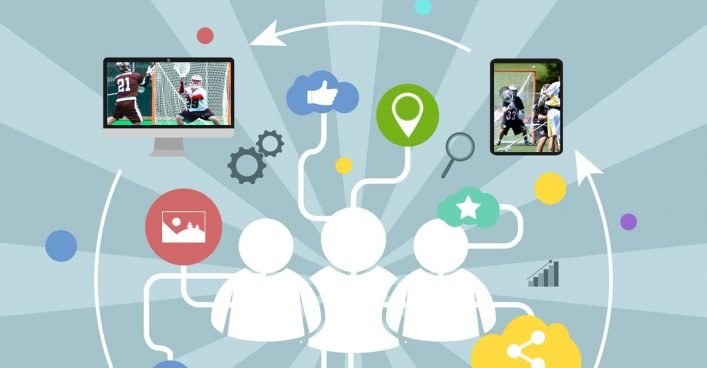
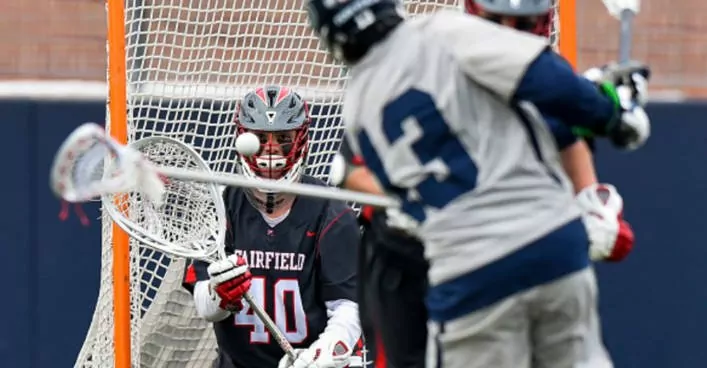
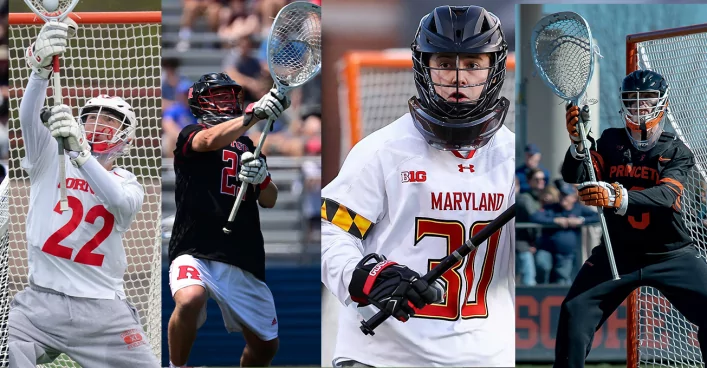
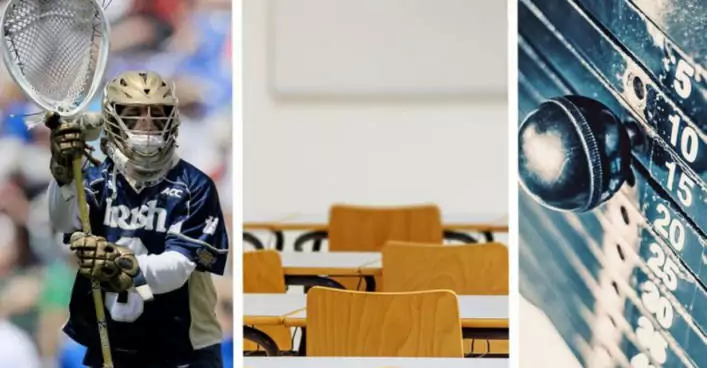


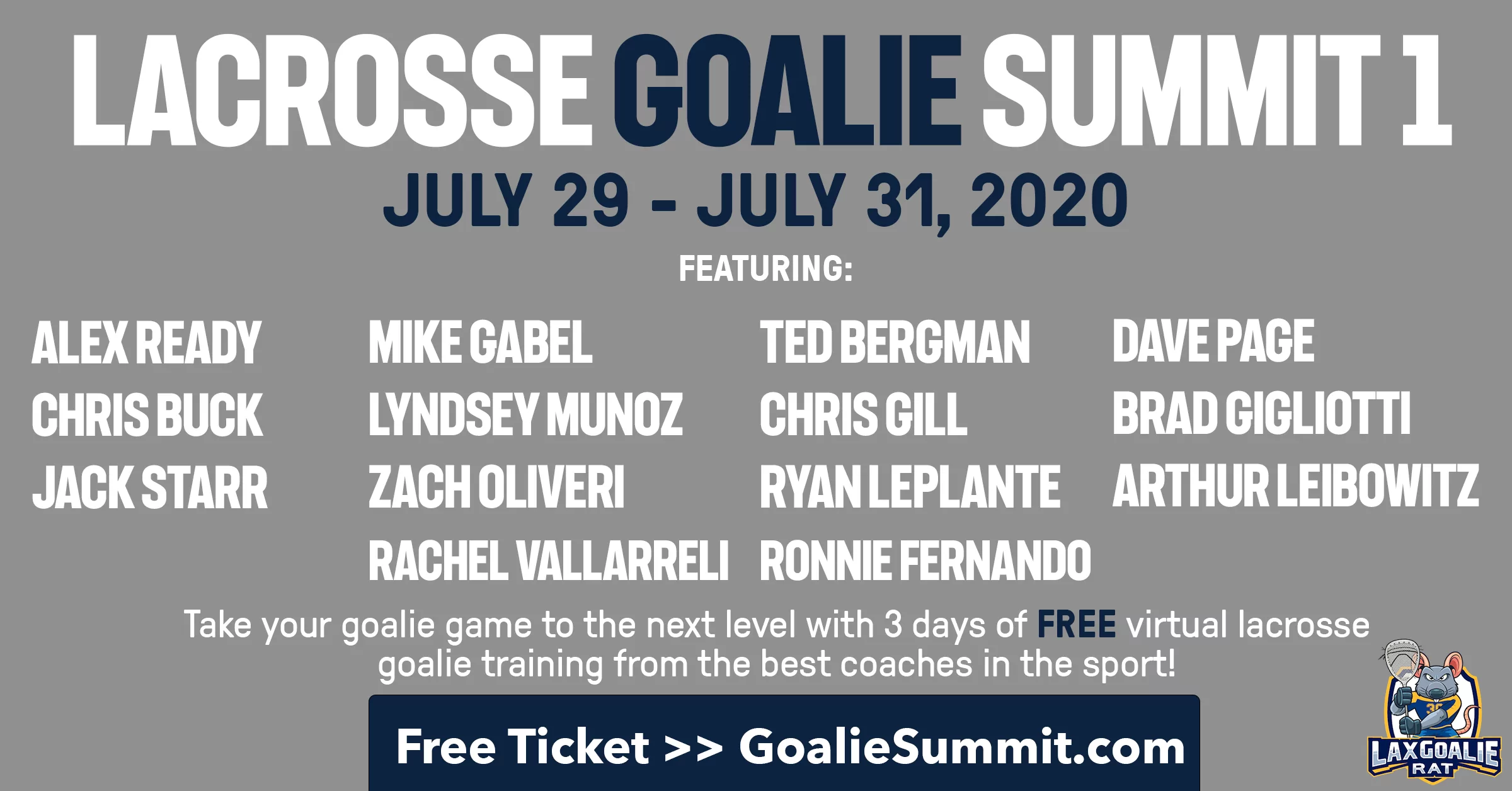
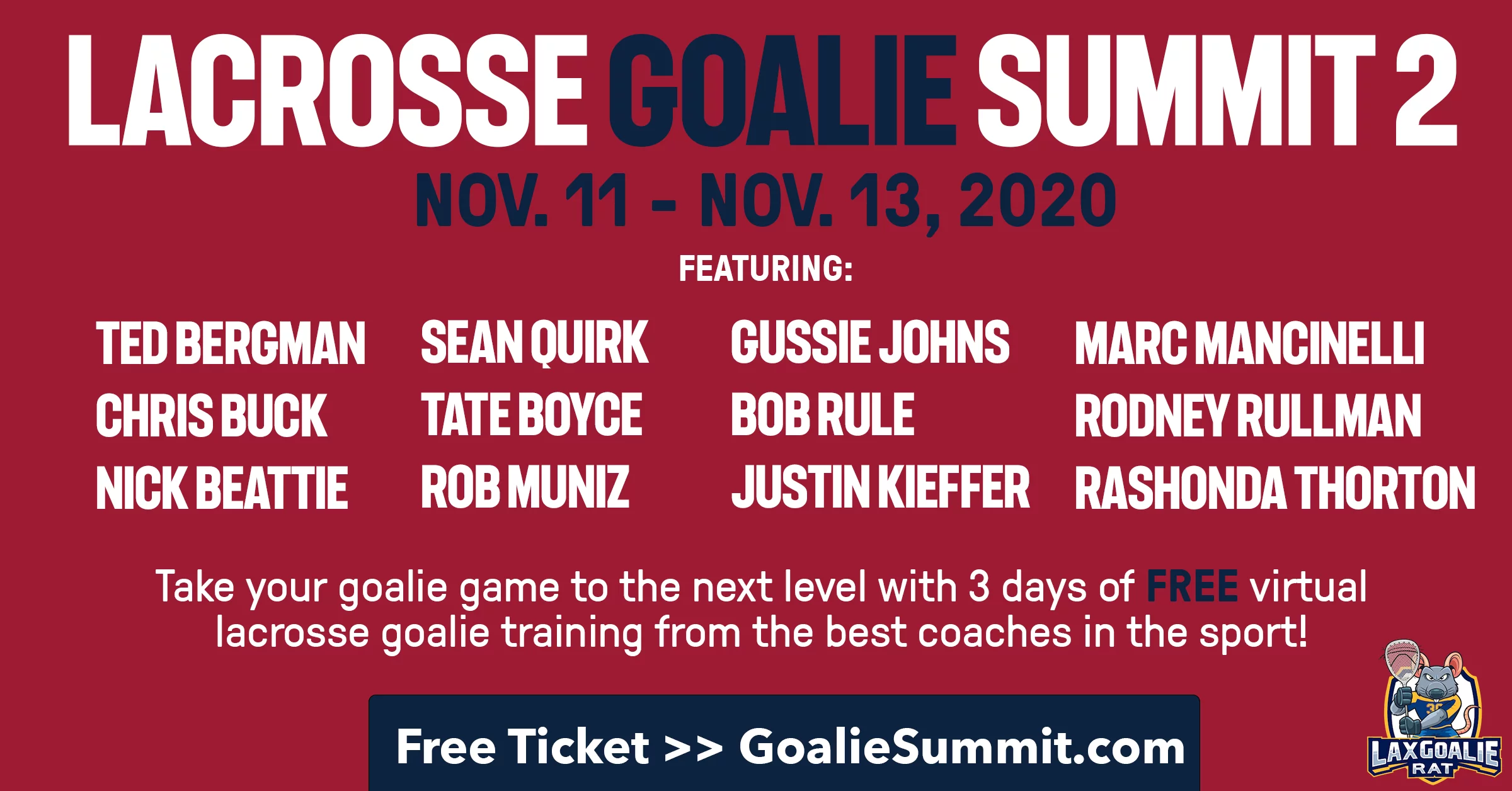
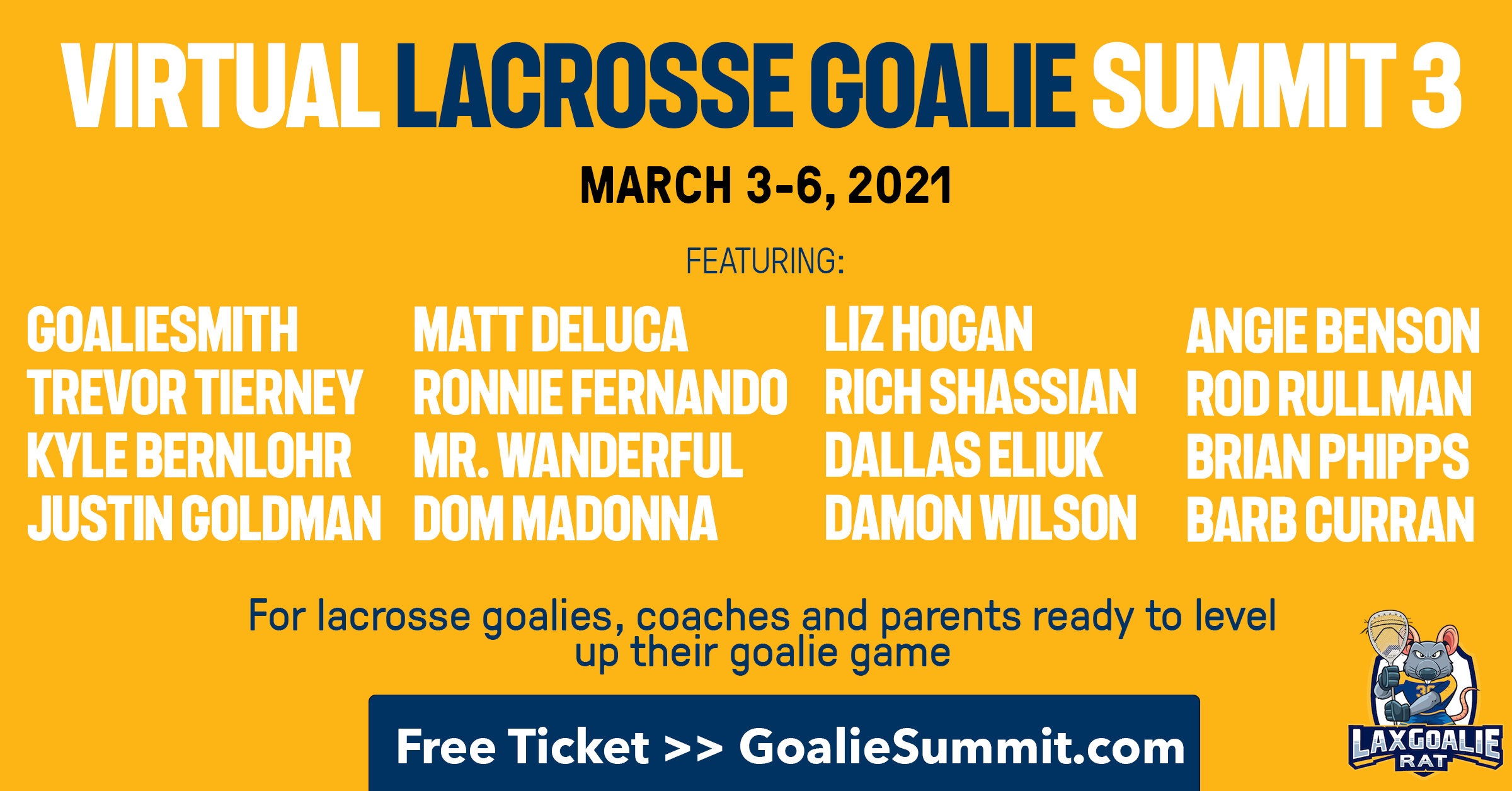
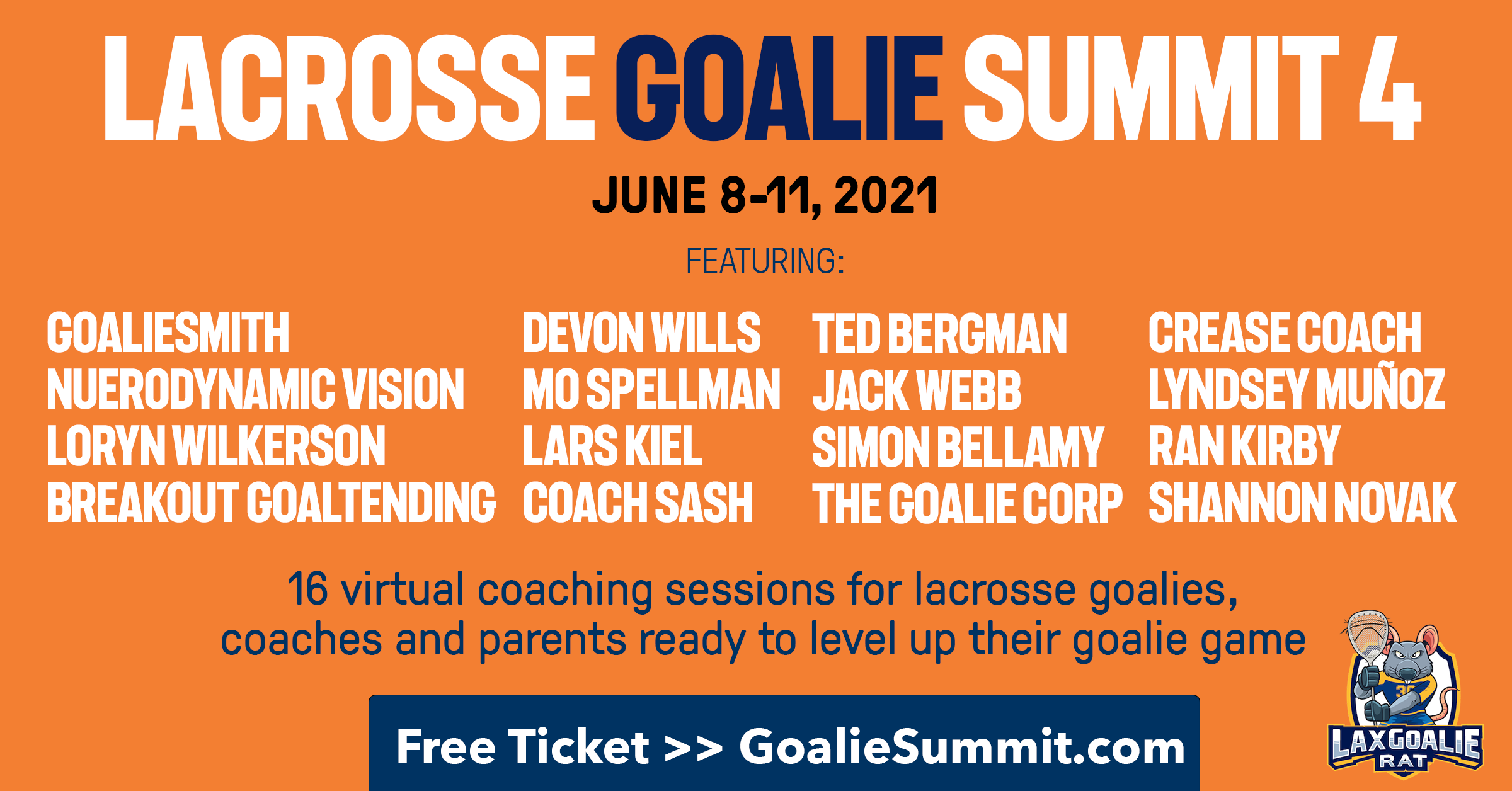
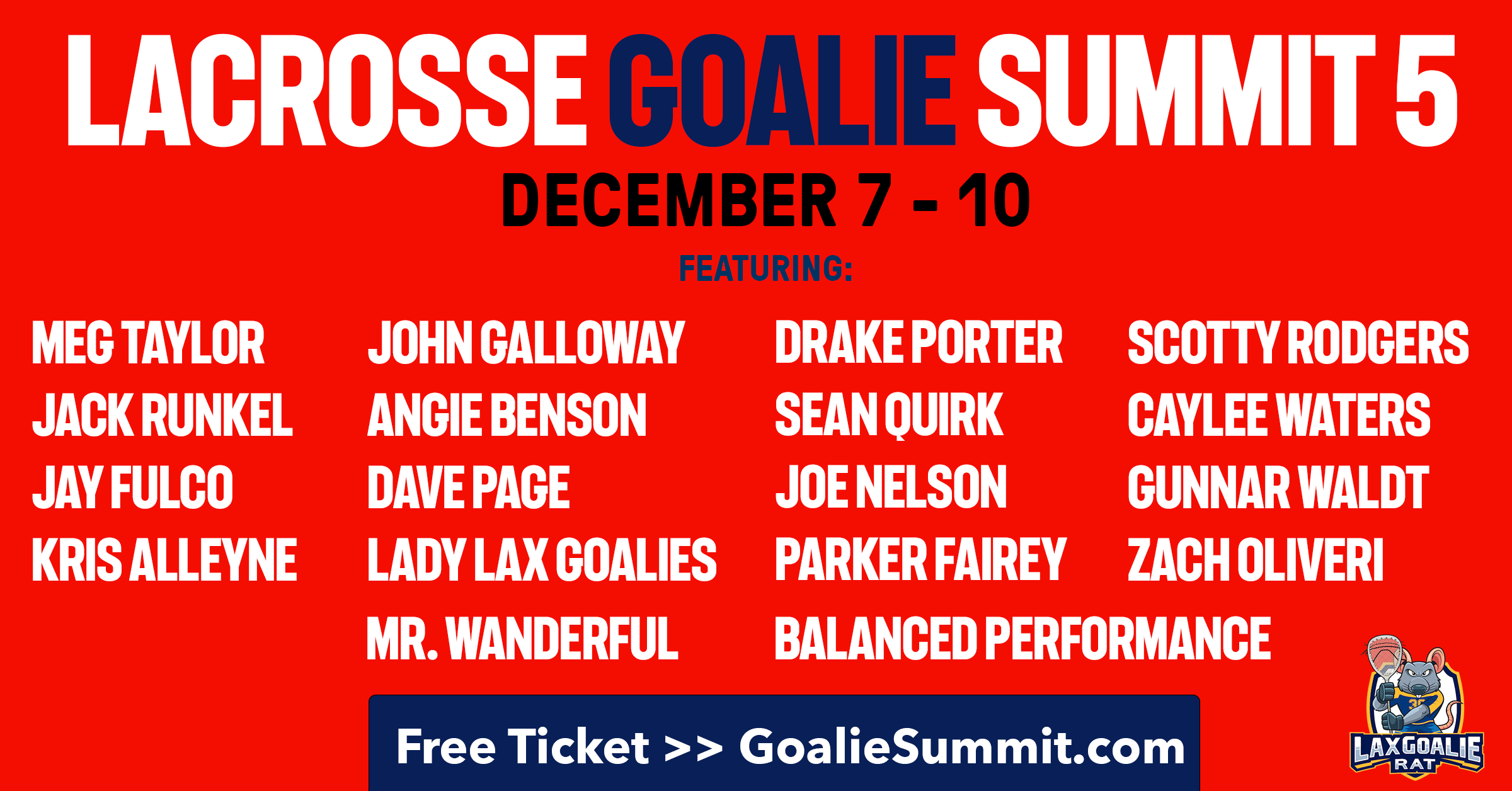
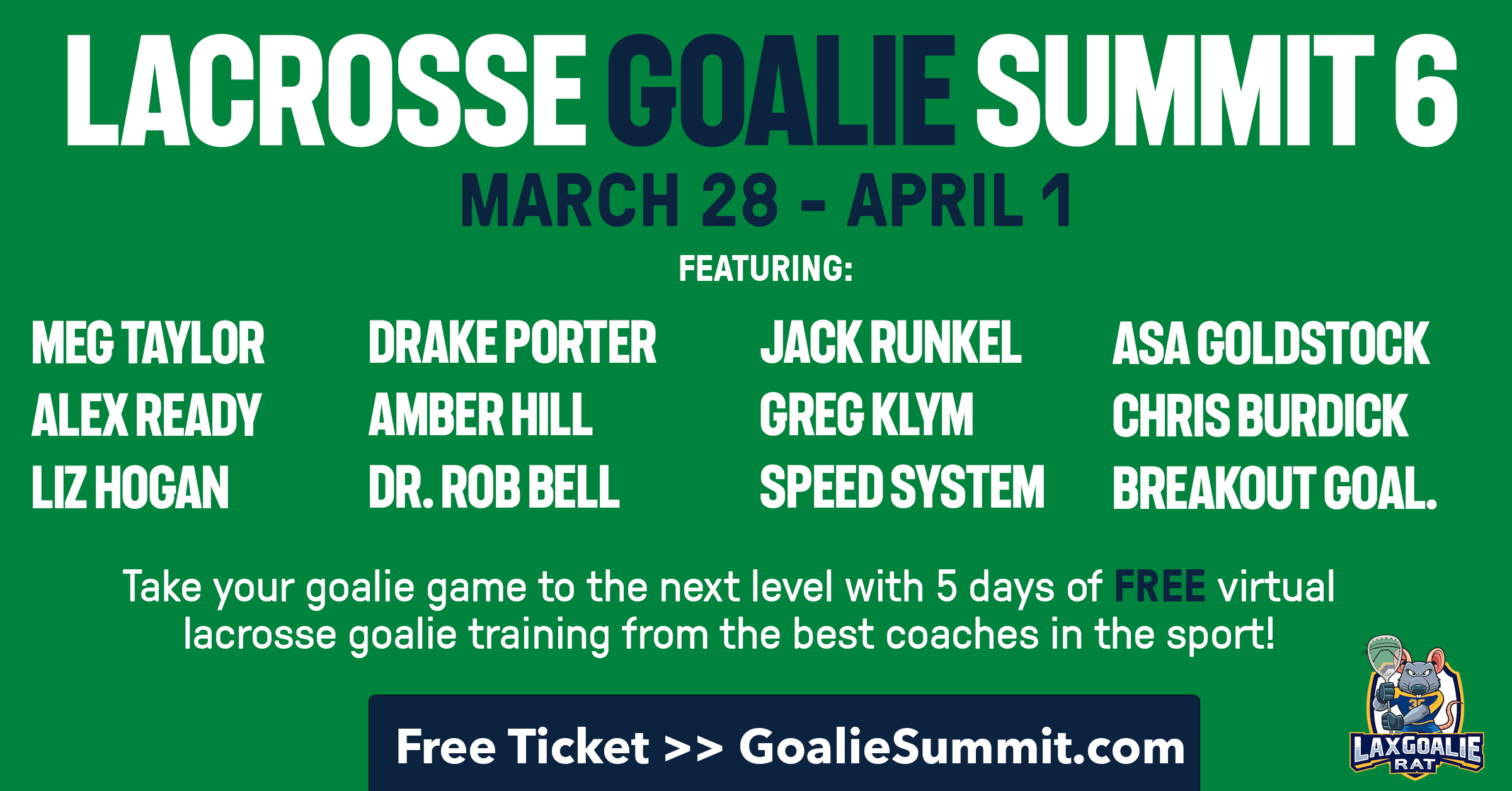
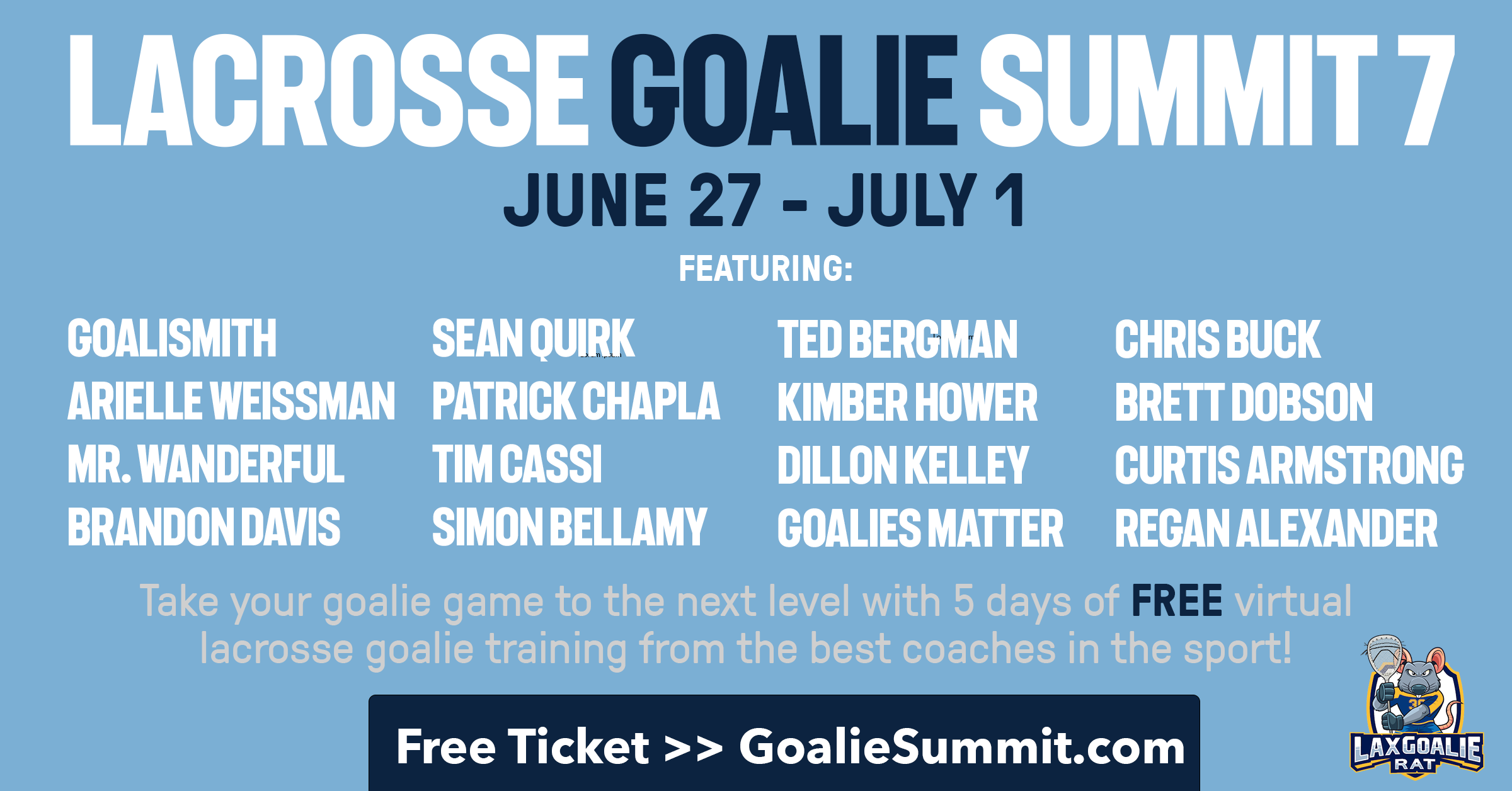
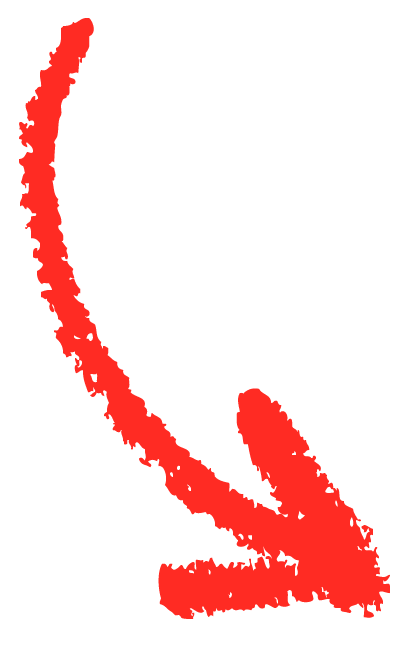

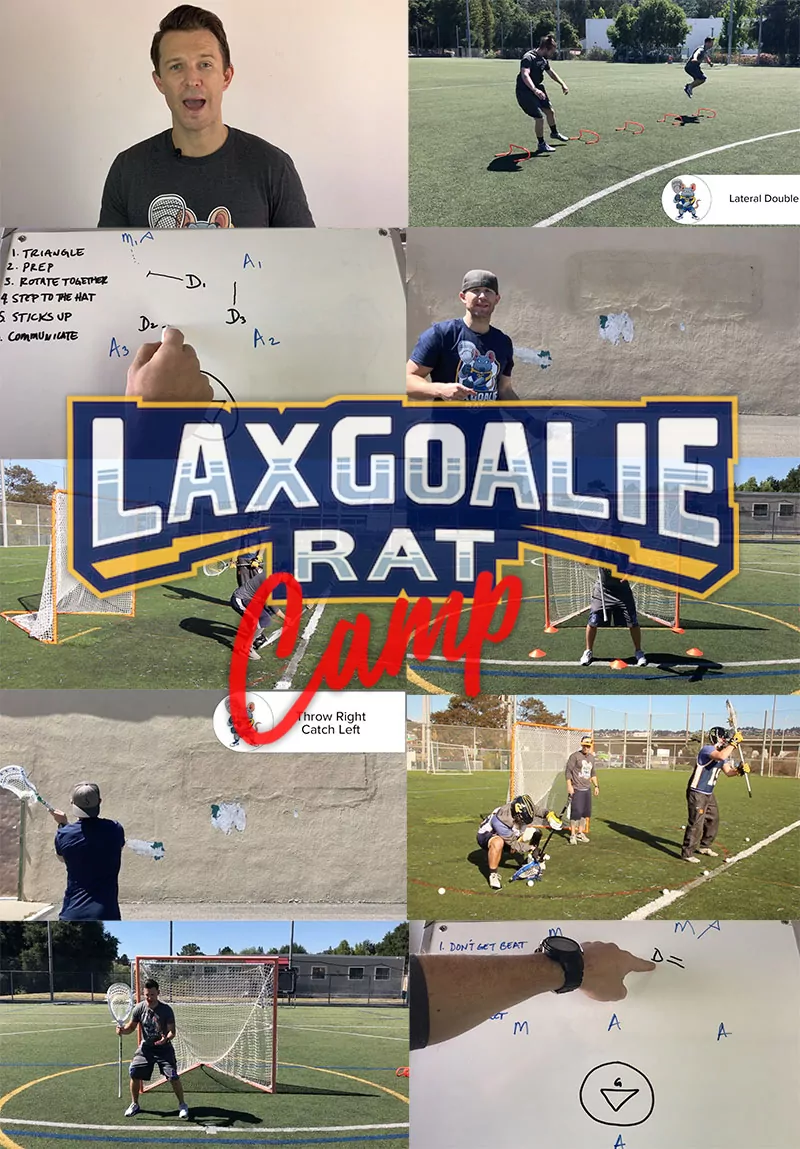
Coach Damon,
Can you talk about what goalies and their defense need to talk about when they briefly meet after every goal scored in a game? I tell mine to check in with each other – communicate re new subs on the attack, identify problem attackers – possibly calling in support/slides early. adjusting clears, etc. What else?
Thanks,
Beau
Hi Beau – I discuss that a little in my post on giving up goals. Post goal speech with team could a be tactical discussion (i.e. slide earlier on #24), could be a motivational speech (i.e. relax and have some fun fellas!), could a confirmation that you’re playing good (i.e. we’re good! goals happen). I think all yours are good and fall under the tactical piece.